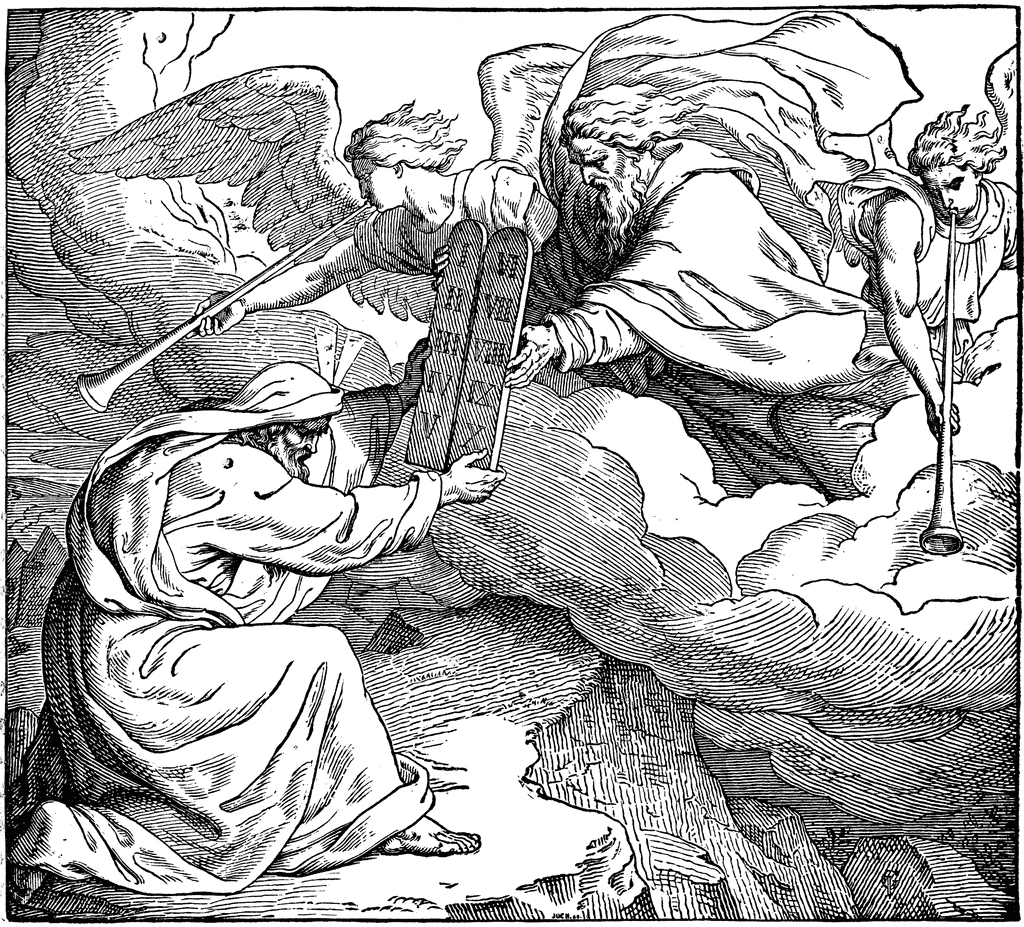
A question to consider:
What does it mean to be free?
I'm going to take this moment to give you my thoughts. I myself, have been having trouble answering these questions about freedom. I just can't seem to articulate them well enough, to the point that I'm satisfied with them anyway. But I do find it important to answer these questions because they aren't just frivolous questions. The way you know and understand these things, will shape the way you say, act and think. Freedom is a big deal. And the way you see freedom is the way you will see a lot of different things. I'm pretty sure the way I see freedom is different than how most people see freedom. Which is where I'm having trouble. I''m not entirely sure how to articulate what I think and believe about freedom. So bear with me. And you still have time to try and answer them yourselves! Who knows? Maybe your answers will help me. Here they are once more:
1. What is freedom?
2. Is freedom the same as "liberty"?
3. Is there any difference between freedom and "license"?
4. Does freedom mean being able to do anything?
5. Are there several different kinds of freedom?
6. Is freedom equal for all people?
7. Is freedom compatible with authority?
So here are the Session I: Chapter II Prelude questions and answers:
1. Who wrote Exodus?
Many historians believe that, like Genesis, Leviticus, Numbers and Deuteronomy, Exodus was patched together from several different books. But this is not true.
2. Do we know who wrote the book?
Yes we have a very structured and logical guess that Moses wrote the book of Exodus as well as Genesis. The bible gives evidence through several verses such as Exodus 17:4, 24:4, 34:4, 27-29. These verses show Moses writing under the direction of God.

Each letter stands for a different book that Exodus allegedly came from. J stands for "Jahwist", E stands for "Elohist", D stands for Deuteronomist", and the P book talks a lot about priests.
4.-5. When did Moses live?
Moses lived around 1447 B.C., which is right around the time that the Exodus happened. Many believe this was the time of the Exodus because we know from the bible that the Exodus happened 480 years before Solomon began to build the temple and Solomon built the temple in 967 B.C.
6. What are the alternative dates for the Exodus?
Many believe that the Exodus happened around 1270 - 1250 B.C. This time is based partly on the names of the cities in Exodus 1:11: Israel works to build Pithom and Ramses, and these cities are built by Seti I (1308-1290 B.C.) or Ramses II (1290 - 1224 B.C.). This is called the "late date" theory. However there are many problems with this theory.
And that's it for the Prelude. I hope that you have questions or comments. Please...please, please, please.....please....answer the freedom questions. :]




6 comments:
Freedom is the absence of necessity, coercion, or constraint in choice or action.
Freedom is different from liberty. Liberty is the quality or state of being free.
License is permission to act. Not freedom.
I think Biblical freedom is the ability to pursue God's will while worldly freedom is the ability to pursue your will whether good or evil. For Christians freedom is being able to seek out the will of God while what non-believers want as freedom is just being able to do whatever you want whenever you want without any consequences.
...as twins, Sarah and I are connected and she just said everything I was thinking.
So.
What she said. ;)
Freedom means you can do whatever you want, but not without consequences. For instance, you may have the freedom to go burn down your neighbors house, but he also has the freedom to do that to you or something even worse. So even if you have freedom, you still won't do whatever you want; not because you can't, but because you don't want to incur someone's anger and have them repay your damage tenfold.
Post a Comment